Siblings, friends, business partners and lovers are all great platforms for building characters.
Some character concepts work the best when done in contrast to or alongside another character.
Here are a few different ways of pulling off shared backstories.
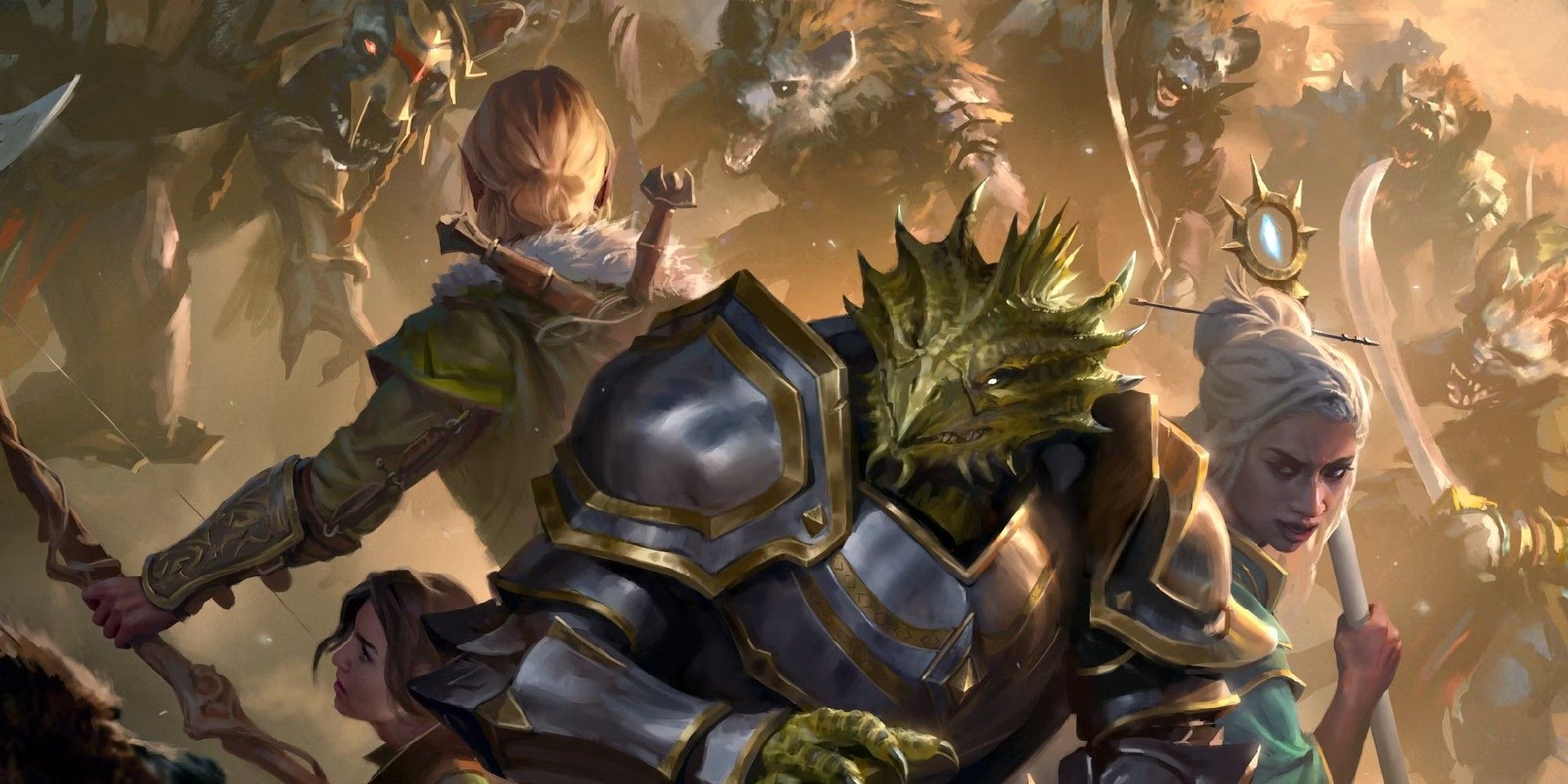
You Come to the Gnoll Camp by Billy Christian
A helpful thing to do is discuss what each of you wants out of the process.
There are different goals people might have:
None of these goals contradict each other.
Work With The DM
The Dungeon Master should be included in the creative process.
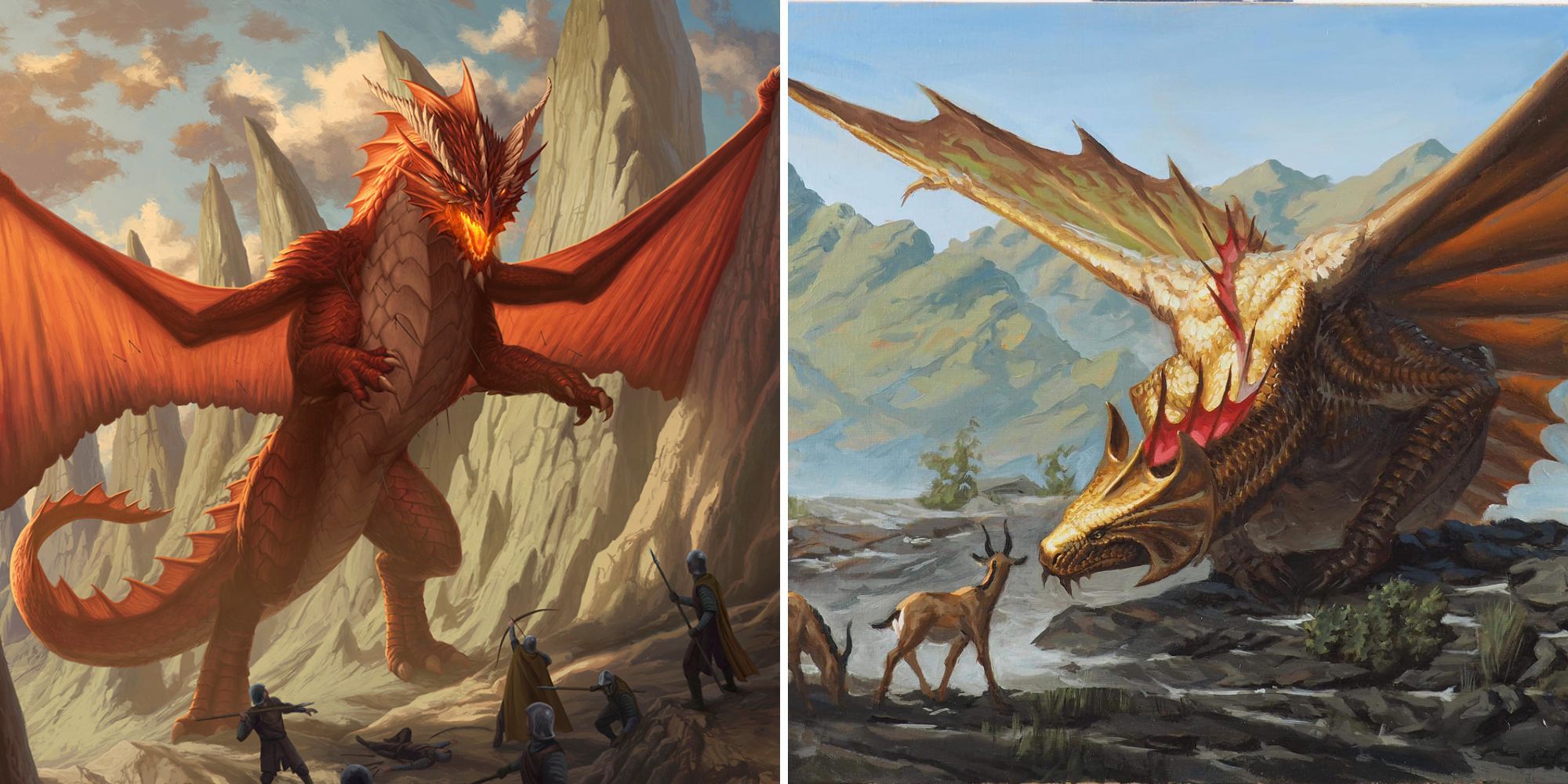
Grunnald and Edgin Darvis by Eduardo Ferigato
They’ll want to know details ahead of time to create quests and encounters that play off your characters.
Considerdifferent ways you’re able to roleplay or design your characters to complement each other.
The two characters might have similarplaystyles that represent a shared school of study.
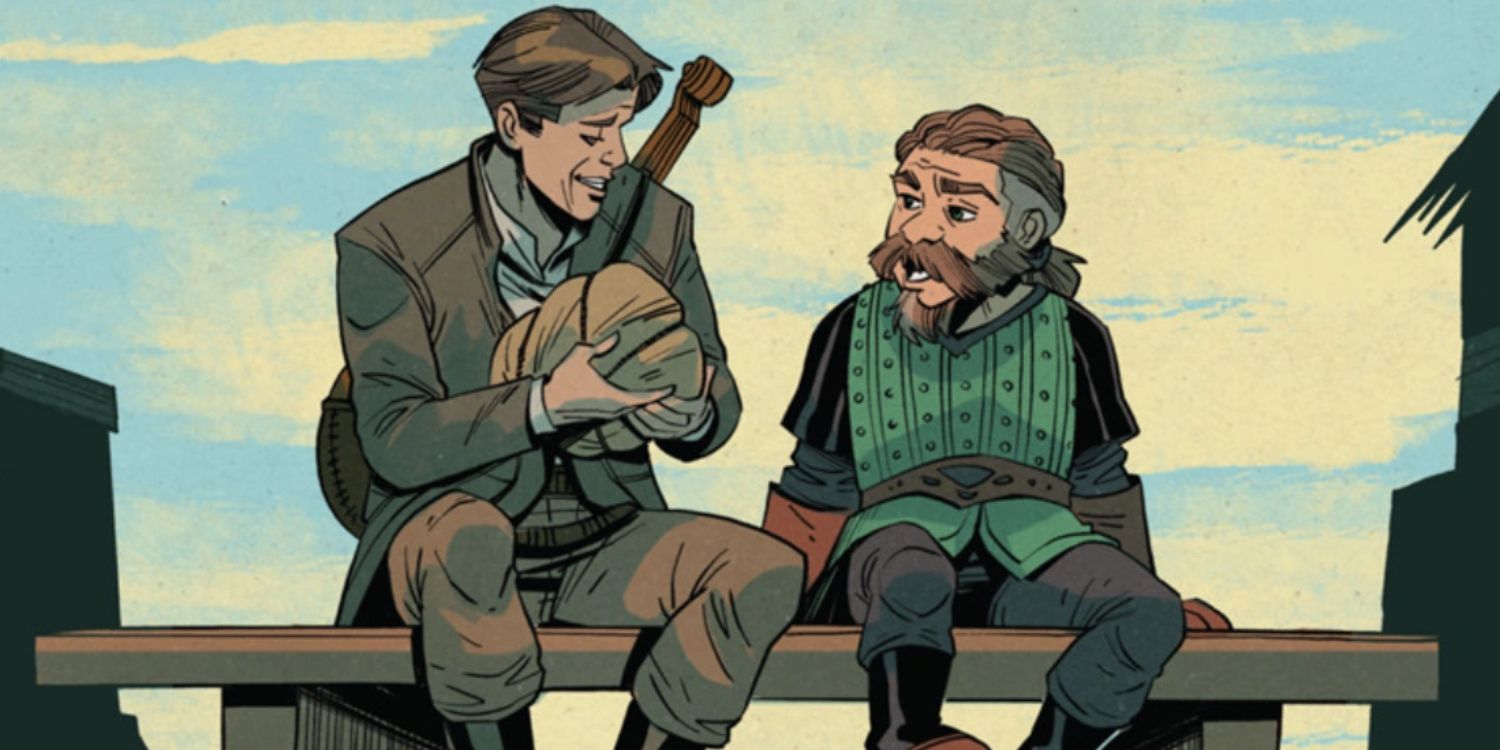
Grunnald and Edgin Darvis by Eduardo Ferigato
The characters might havecomplementary skills that relate to their joint venture.
The chaos of combat can put extra strain on a character with communication difficulties.
This can be great for roleplay butmakes one character very reliant on the other.
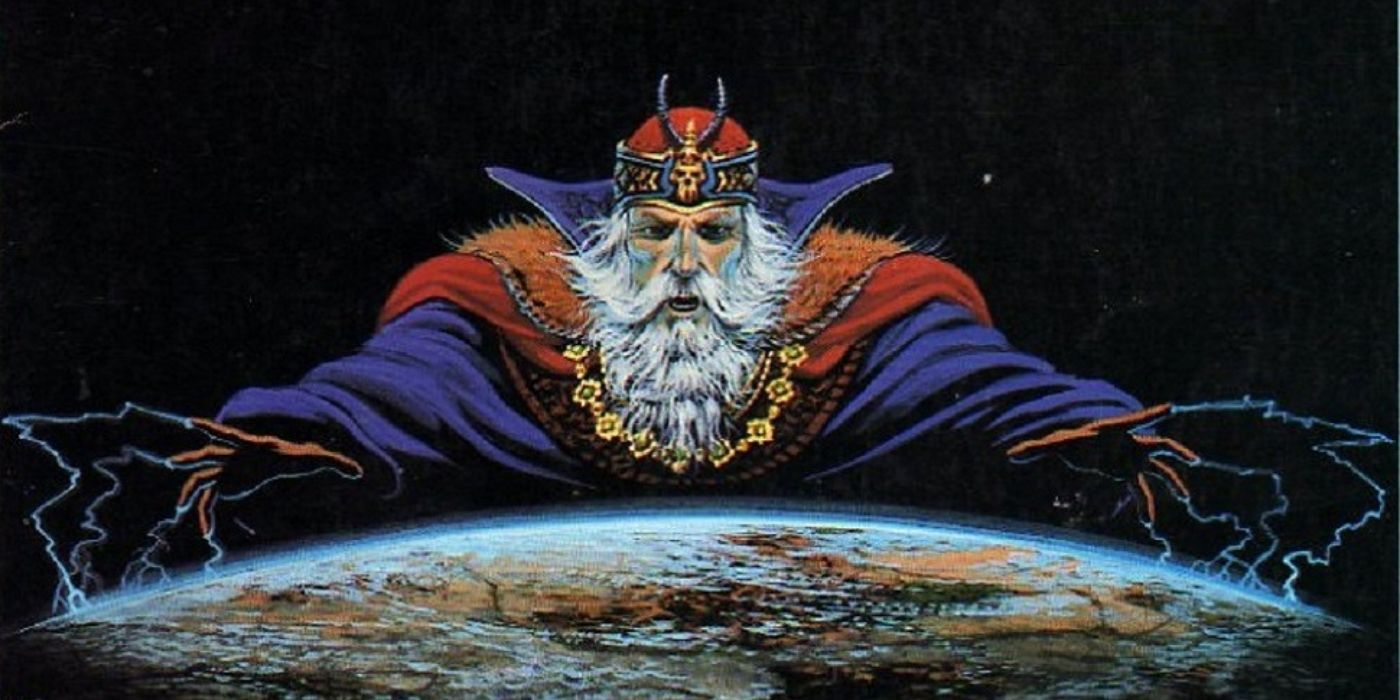
Dungeon Master via Wizards of the Coast
An important point for shared backstories is thatboth characters should be fully fleshed-out.
An advantage of having the entire group on board is that nobody is left out.
Shared Event
The party’s backstories are allimpacted by an important event in the history of the setting.
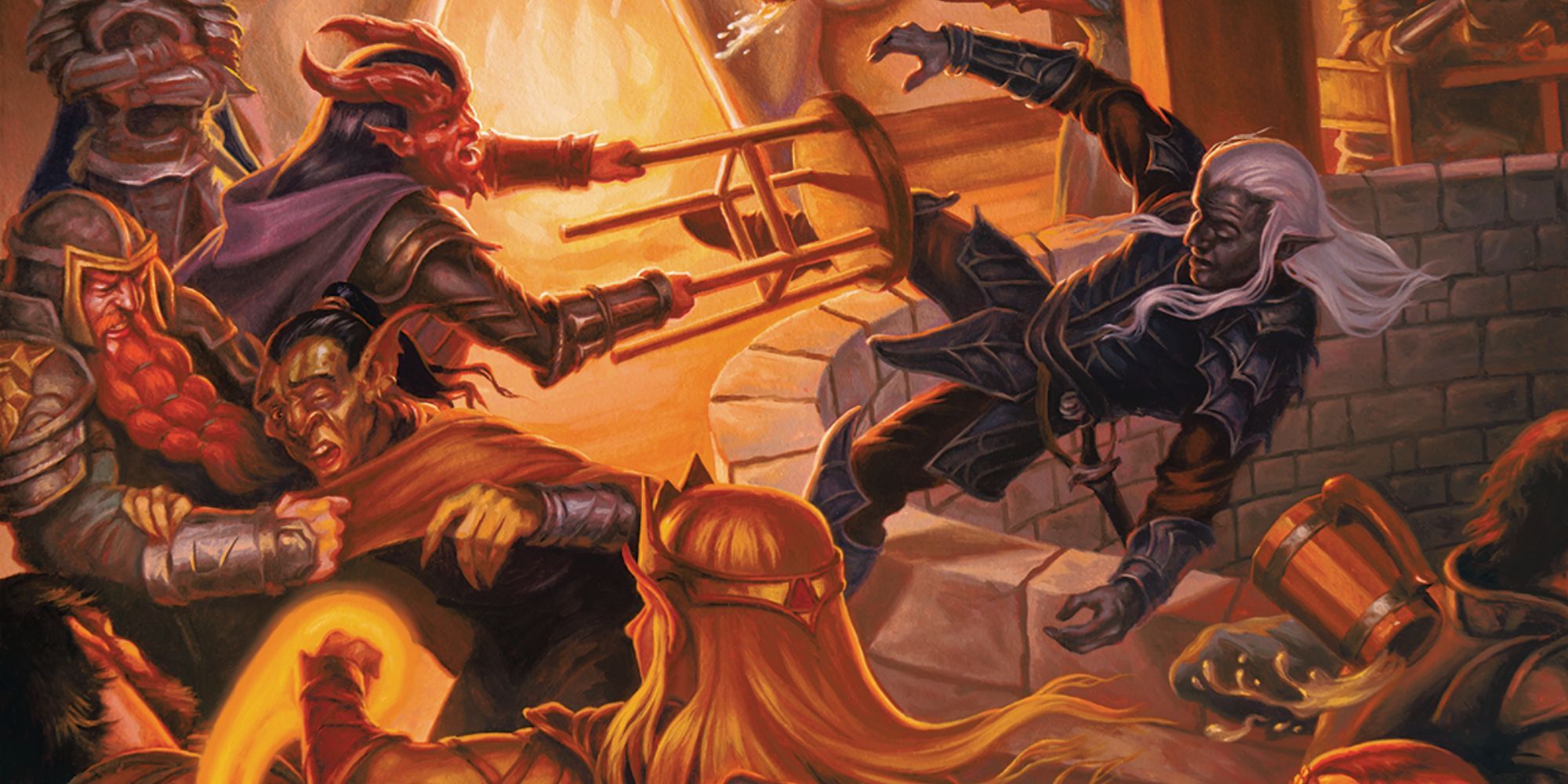
The Brawl at Yawning Portal Tavern by Scott Murphy
Shared Boon
The party all have a benefit from their shared history.
This could be askill, feat or a magical benefit.
Acquisitions Incorporated represents this mechanically through its franchise system.
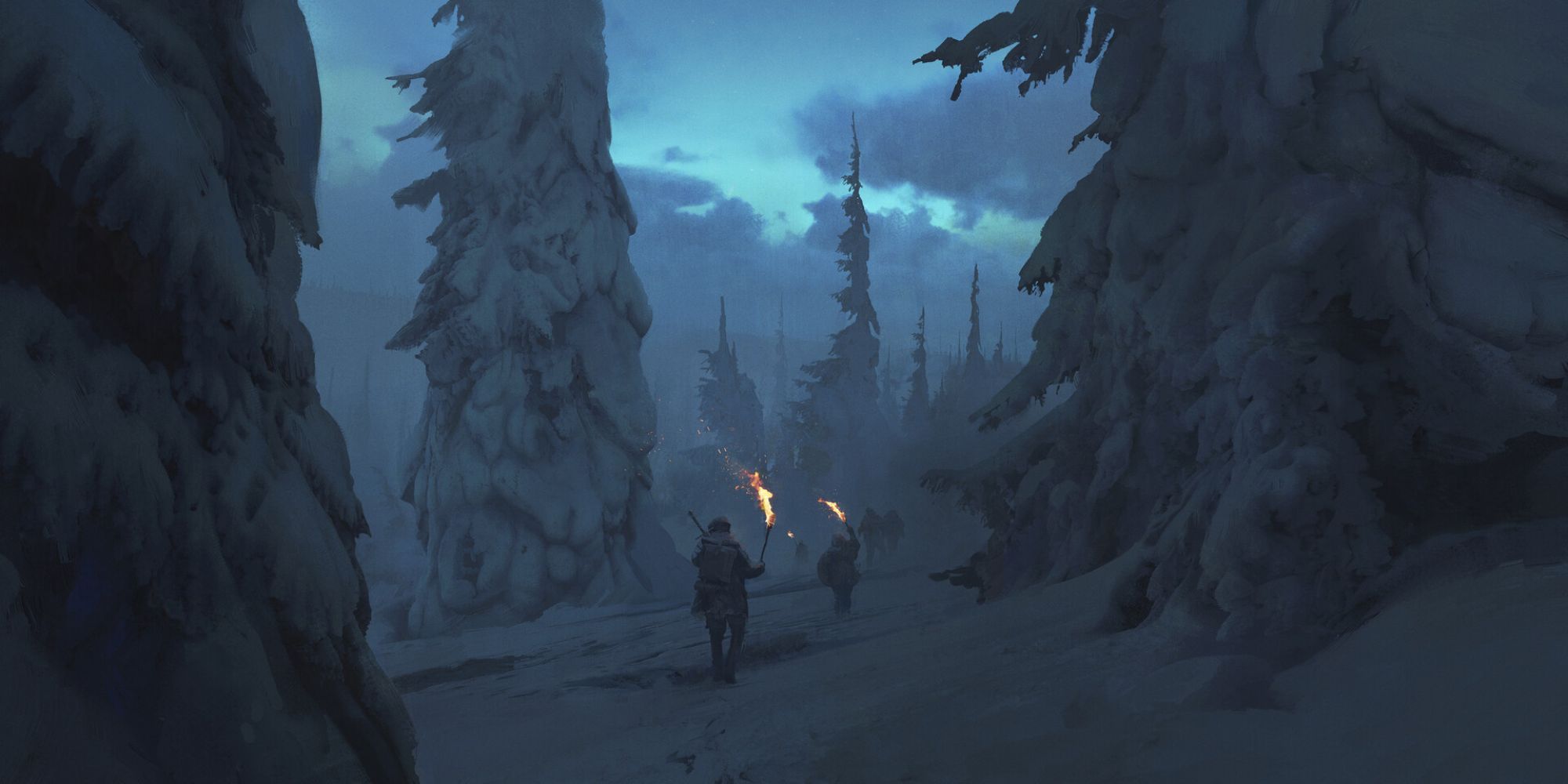
The party members are all business partners in a shared venture.
Norse gods, dragons, and goblins await in your next Viking-inspired D&D campaign.

